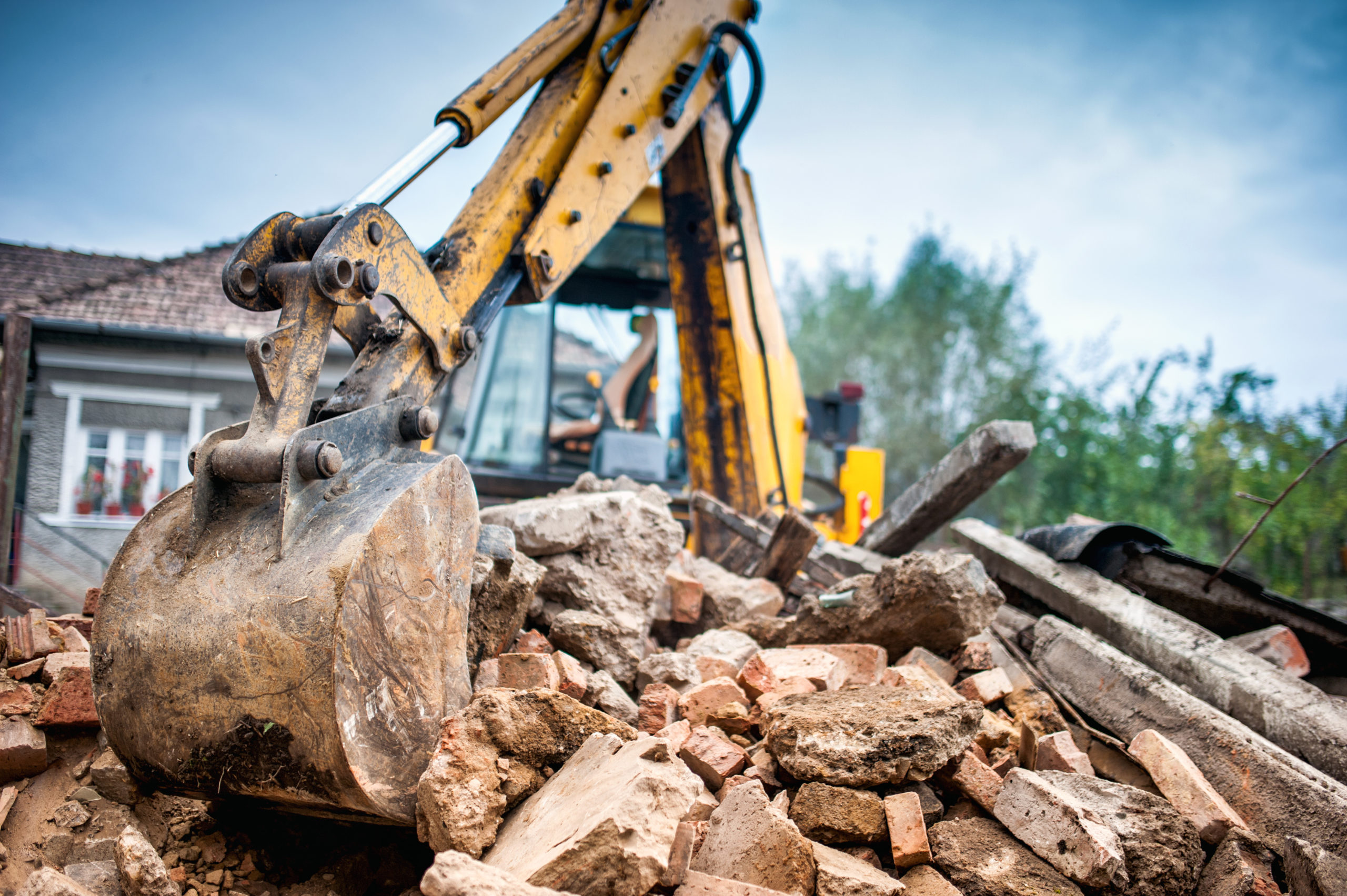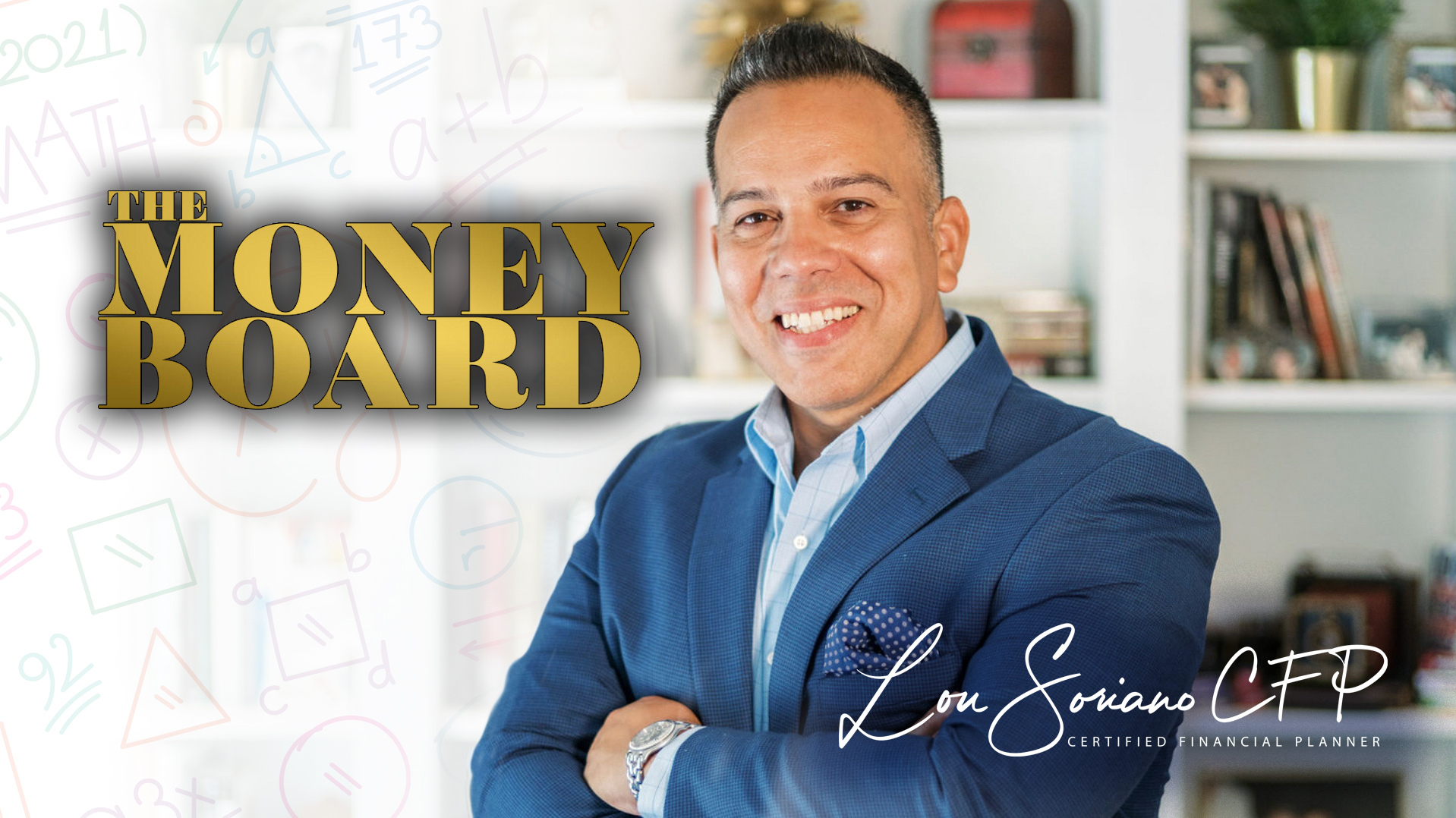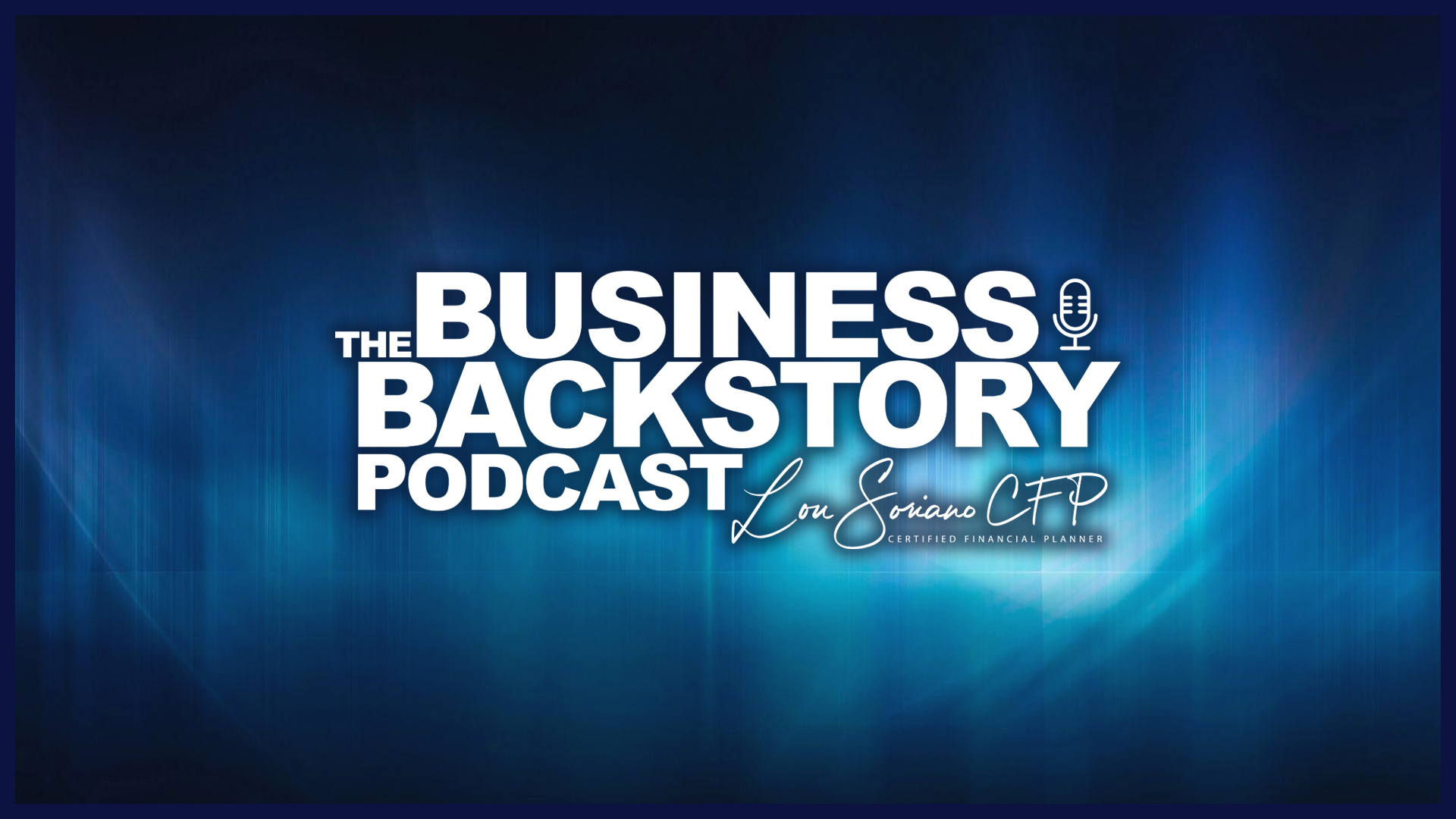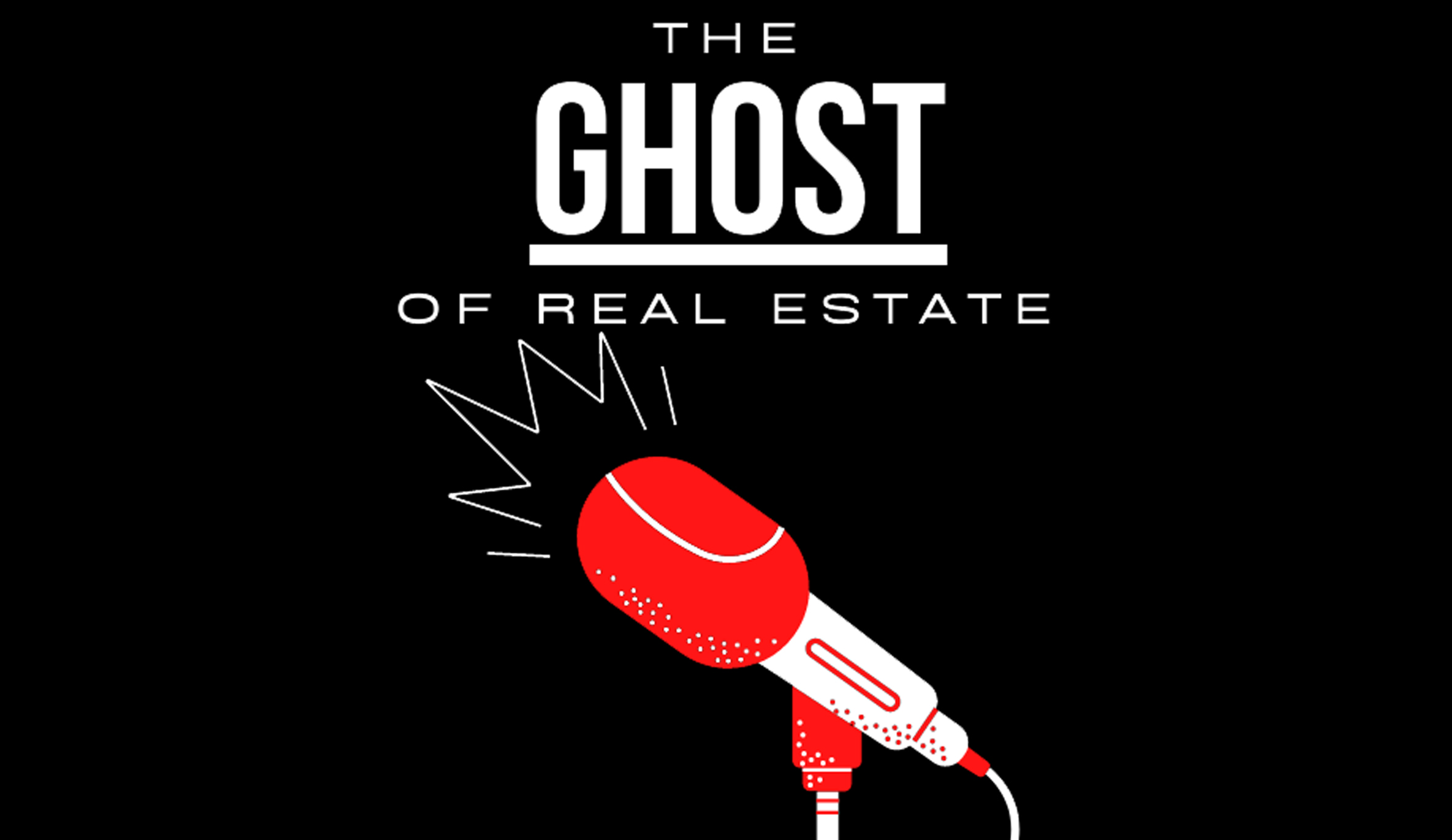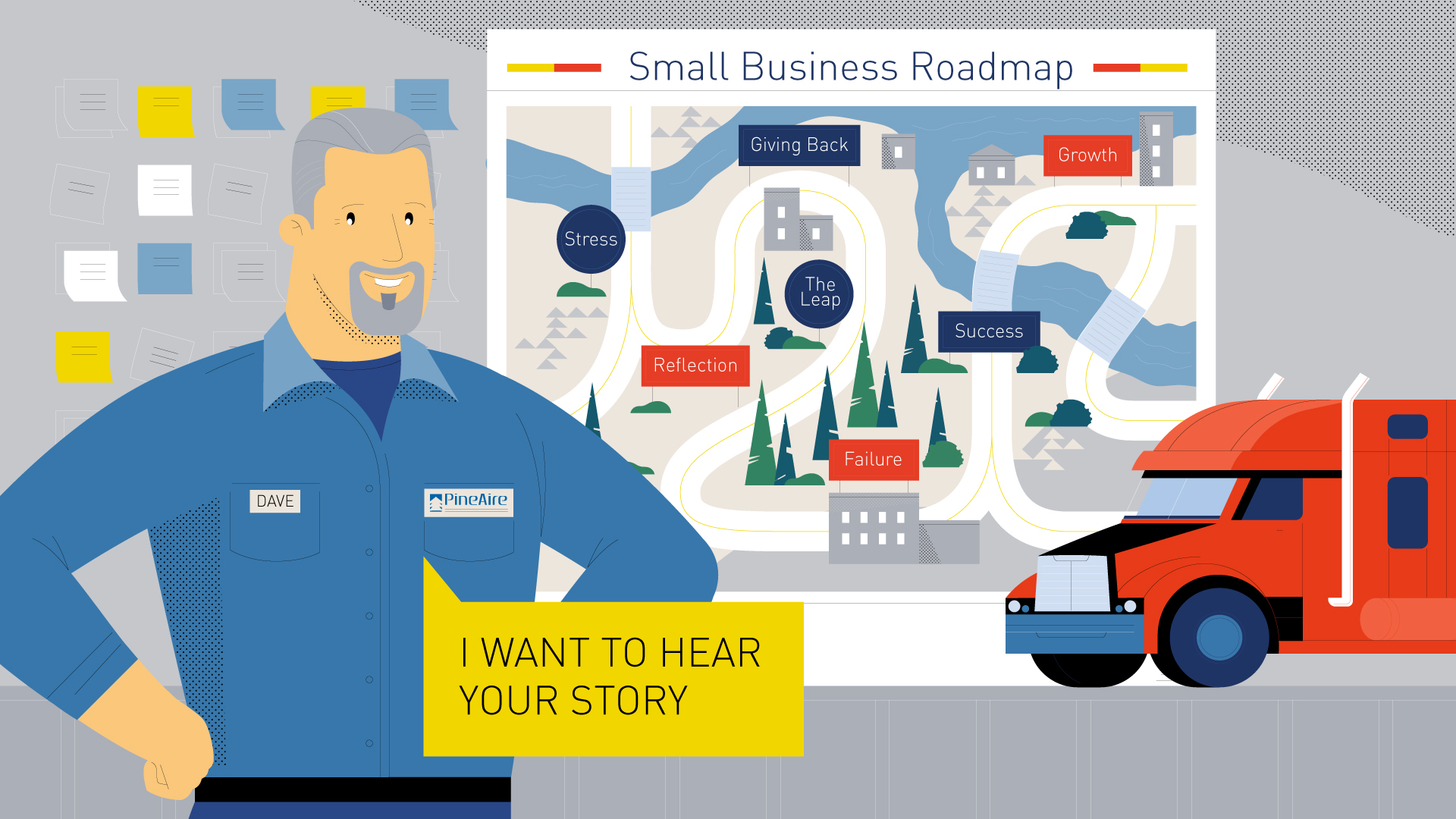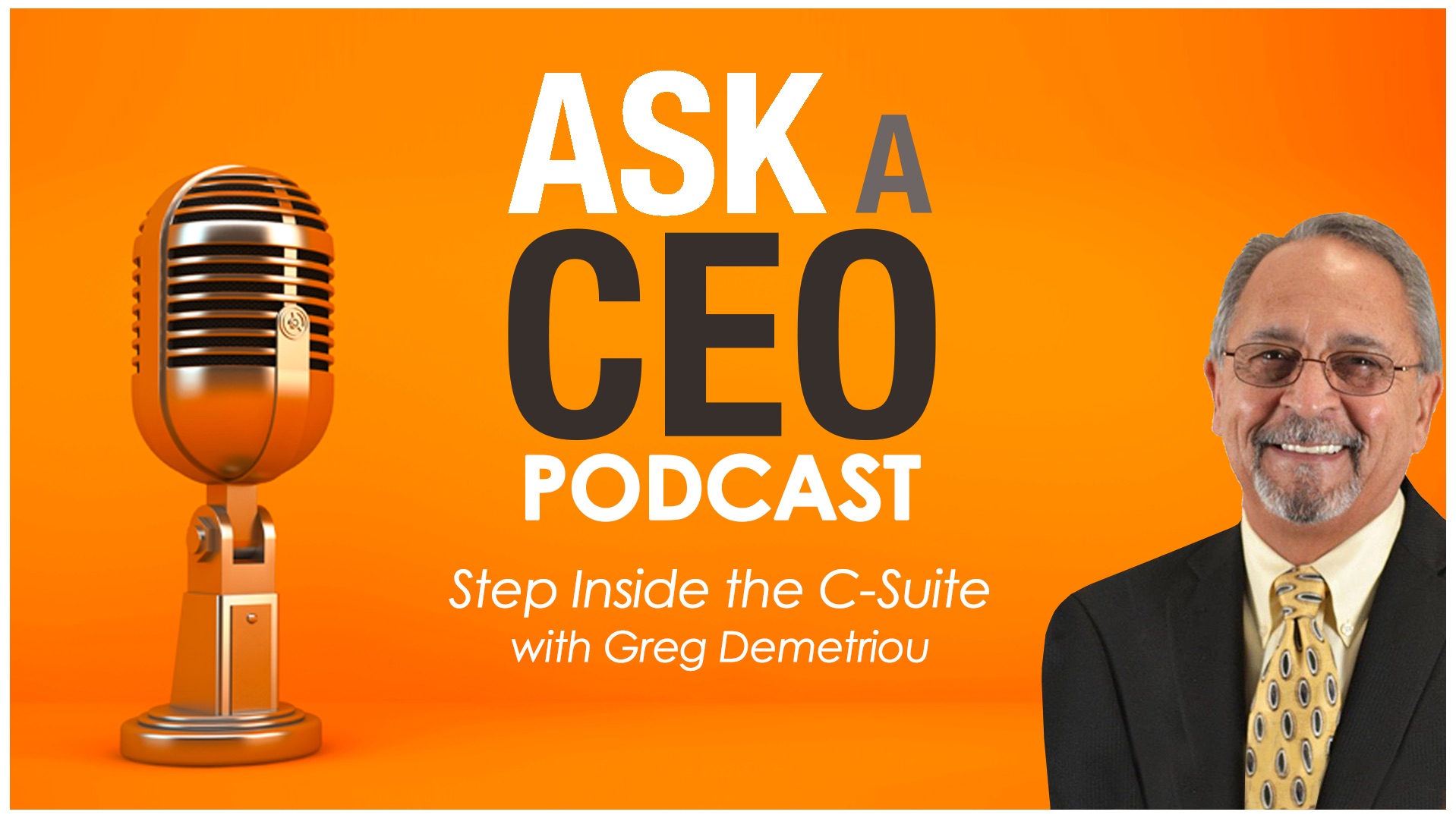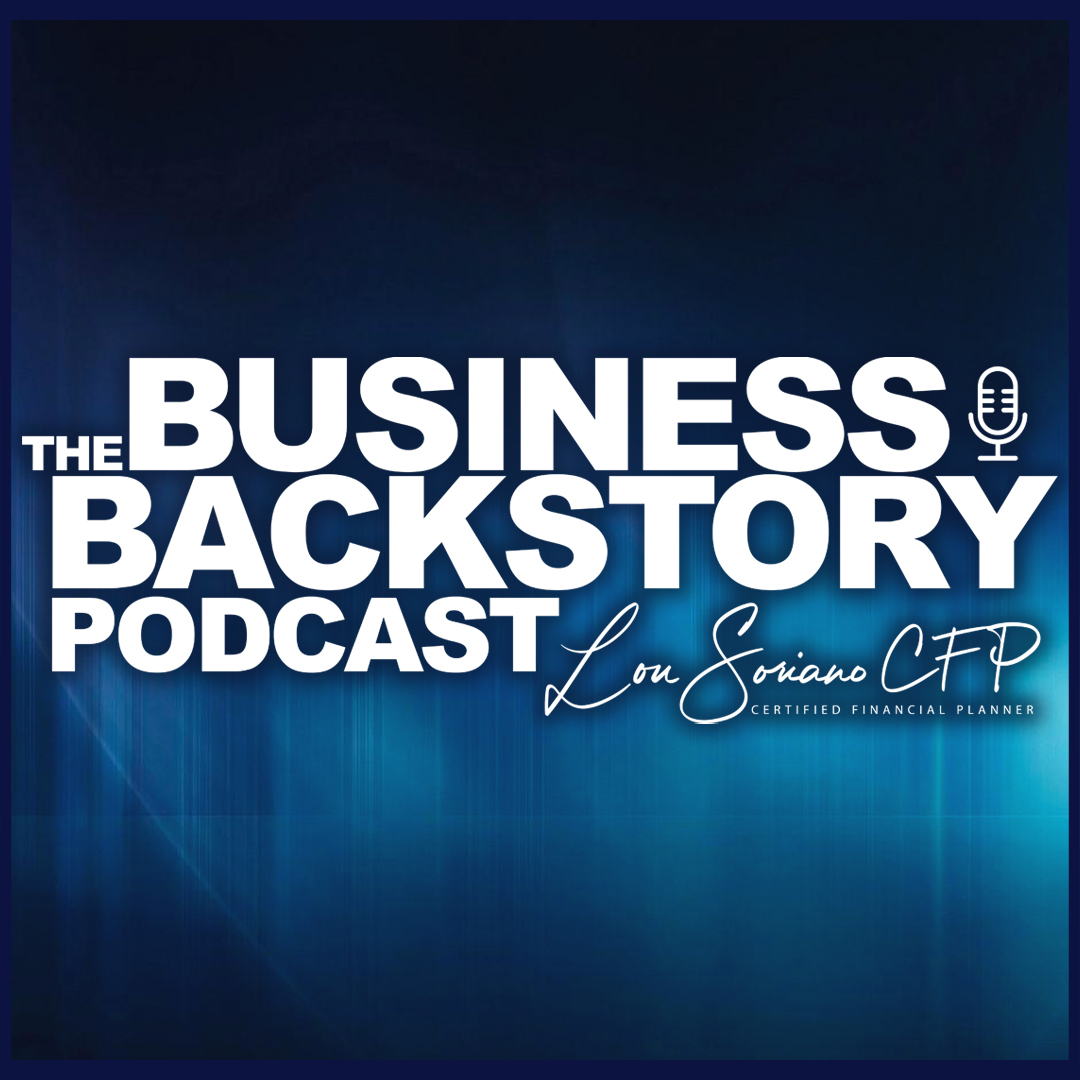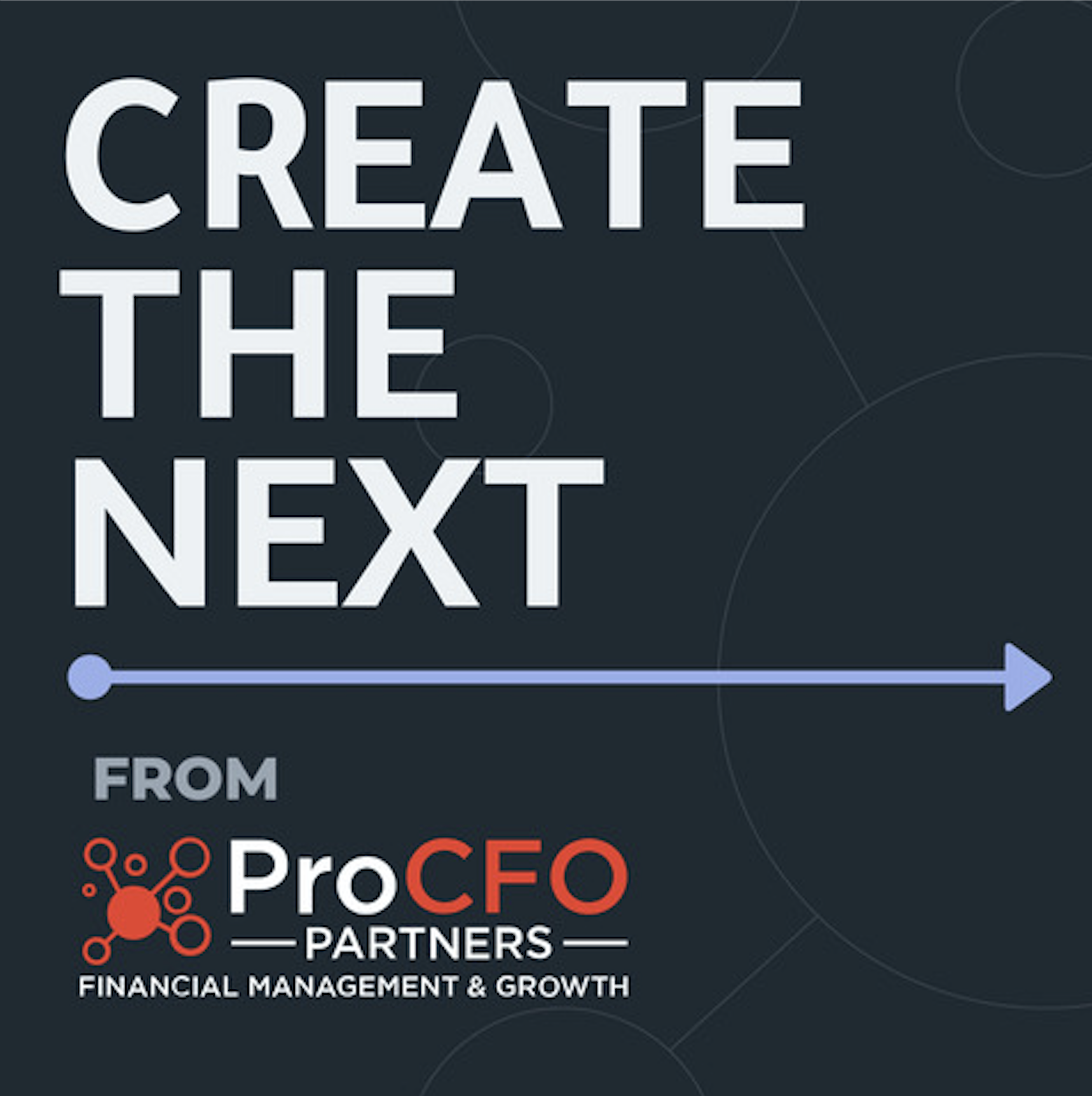
April 2020
4 Min Read
Introduction to Purchasing Commercial Real Estate for your Business
Purchasing commercial real estate is arguably one of the best investments that business owners can make. Whether you’re a veteran business owner or a new startup, you will, at one point or another, ask yourself: Should you purchase property for your business? Buying commercial real estate is a very complex process and should not be taken lightly. Specifically, it takes time, research, and planning to make a smart & profitable investment.
Many business owners ask themselves frequently whether they should be buying or renting. However, with the interest rates being so low right now, buying may be more favorable for businesses than renting. This is especially true if your business can afford the down payment and has a steady stream of income. In any event, owning commercial real estate has several advantages.
Fixed expenses & rates. As a business owner, by owning your commercial space, you can enjoy the peace of mind of knowing that your expenses are fixed. You don’t have to worry about fluctuations in your rent amount due to market influences.
Equity. With your monthly mortgage payments, you are paying down the mortgage and building equity in your property simultaneously. This equity can be useful should you need to secure a business loan or line of credit to purchase new equipment or finance a new acquisition.
Appreciation. Typically, commercial property should appreciate with time. Business owners can use this appreciation to obtain better refinancing for their property in the future. Though appreciation is likely, you shouldn’t factor this in when evaluating the numbers for potential purchases. If a deal is still a good deal without factoring in appreciation, you are likely to collect a favorable ROI (return on investment) when or if you decide it’s time to sell the property.
Tax Deductions. Every business has a unique situation. As such, a competent financial advisor can help you decide which business expenses you can write off or depreciate to reduce your business tax liability.
Freedom. As the landlord, you can decide how to finance the building. You can also choose your preferred décor and make renovations as you see fit. You can also plan ahead should you decided to expand your business in a few years. Lastly, as the owner, you can even become a landlord and lease out a portion of your space to another business for additional income.
If owning commercial real estate is so great, then why doesn’t every business owner do it?
It mainly comes down to your business cash flow. Before deciding whether to purchase a commercial property for your business, you have to evaluate whether your business is bringing in steady and predictable income. In other words, would spending part of your income on purchasing commercial property hinder your business’ growth possibility for the foreseeable future?
Can your business afford any unexpected maintenance expenses and repairs?
Typically, lenders require a 15 to 30% down payment when purchasing a commercial property, which depending on the price of the property, could end up being a substantial amount of money. Additionally, as a business owner, you also have to factor in the cost of insurance, taxes, and legal fees.
Questions to ask yourself when purchasing commercial real estate.
While there is no one blueprint or strategy for purchasing commercial real estate, there are routine questions that business owners should ask themselves when considering a purchase. For example,
- What type of property does your business require?
- Why are you purchasing a commercial property, is it for your business use? Do you want to build equity?
- Are you going to rent out all or portions of the property?
- What is your ideal location?
- What’s your risk tolerance? How much capital can you afford to contribute?
Overall, owning commercial real estate can be a great investment.
Always remember that you actually make your money when you purchase property, and you realize it when you sell. However, if you purchase commercial property for more than the fair market value (FMV) and/or fail to consider your business cash flow and expenses, you may end up not making any money on your investment or, at the very least, you may have to alter your exit strategy.







